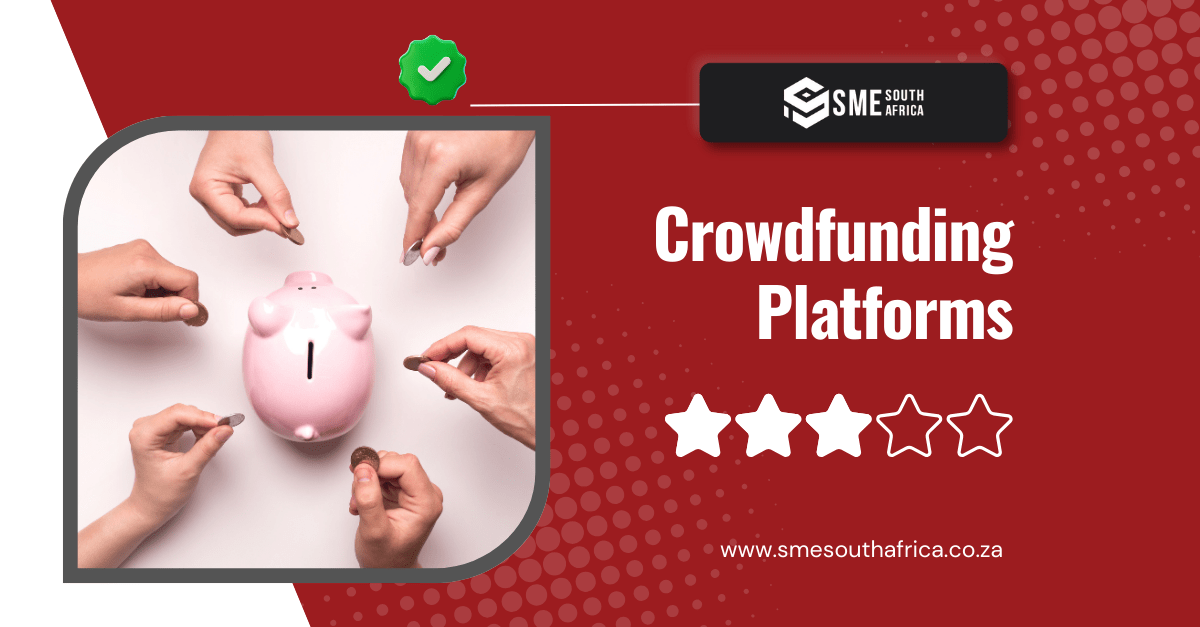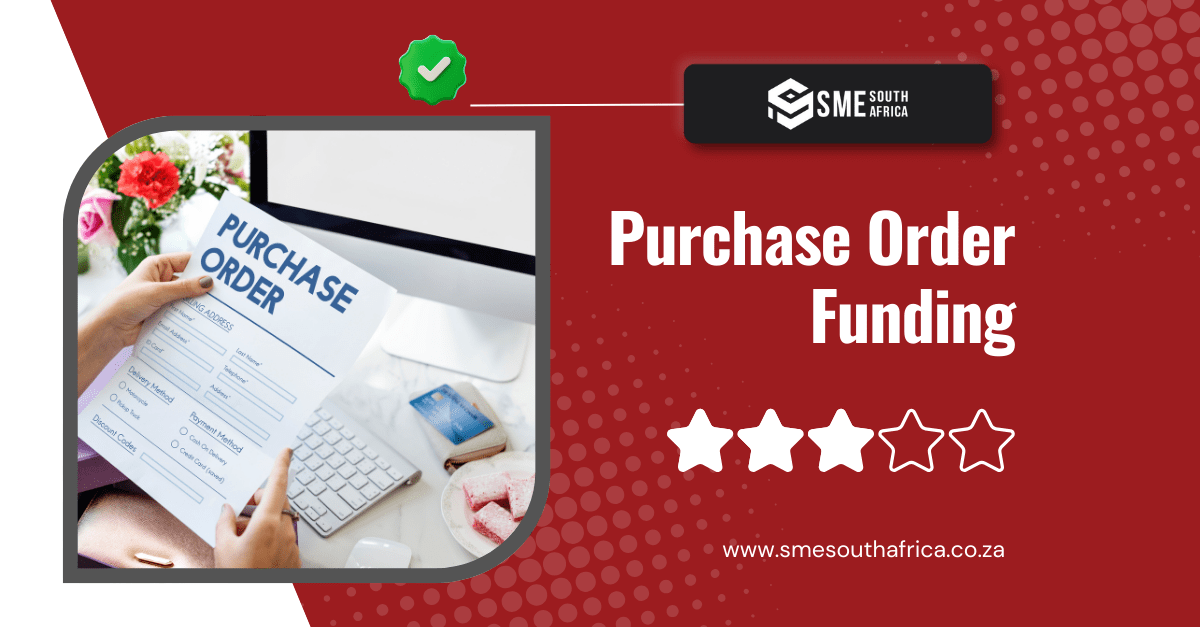
By: Jenny Retief, CEO Riversands Incubation Hub
There is a wonderful excerpt from a Dr Zeus book titled Oh the Places You’ll Go:
The Waiting Place… for people just waiting. Waiting for a train to go, or a bus to come, or a plane to go, or the mail to come, or the rain to go, or the phone to ring, or the snow to snow, or the waiting around for a Yes or No or waiting for their hair to grow. Everyone is just waiting.
With entrepreneurship, there is no perfect time to start. Yet, many entrepreneurs are stuck in this waiting place thinking ‘if only’ and use a lack of funding for their small business as an excuse to put off their business dreams.
Instead, here are some practical areas to get started and build a better business. Luckily, these will also make your business a more fundable asset:
1. Start with what you have
Make a list of your resources – what skills do you have and who do you know? What do you own and what do you have access to?
Many successful entrepreneurs started with a personal credit card as funding for their small business.
Don’t let your current position limit you. You may not have a large personal network. That’s okay. You can grow it over time.
This is also true of knowledge and skills. Mentors are very helpful, but you don’t necessarily need one to succeed. There is so much information online. With consistent effort over time, you can become an expert in any area.
You will not achieve any success without focus
2. Get into the market
Some market opportunities are capital intensive. Others are less so. Your ultimate goal may to open a manufacturing plant that creates a new nougat range. Start by creating prototypes in your own kitchen and test the market.
There is so much to be learnt in this phase! Then, once you have developed a product and signed up a few stores, look to find affordable small premises and buy your first proper equipment.
It’s great to have a big vision, but remember that this is achieved by countless small steps. Sally Williams of Sally Williams Fine Foods spent two years perfecting her nougat recipe and a further 18 months creating product in her garage.
3. Focus
I meet many enthusiastic entrepreneurs who are trying to launch several ideas, services or even businesses at the same time. This is a great approach for moving a few centimetres in every direction, without covering any meaningful distance!
You will not achieve any success without focus. This doesn’t mean that you may not evolve your business idea over time, but you do need to work on one business idea at a time.
Yes, we do hear of those entrepreneurs with several successful businesses. With the right team and resources it is possible to manage several businesses. This is just not a recommended place to start.
Don’t forget that time is the one resource that most people (entrepreneurs included) use the worst. Look at how you spend your days and weeks and look at the habits that are costing you valuable time. Are you spending too much time on the road? Are you attending too many events? Is your smart phone costing you valuable productive time?
You can’t expect a sale on a first phone call or email. People give up far too quickly.
4. Sell something
Sales offers the only funding without strings attached.
There are the entrepreneurs that love to sell and those who don’t. Who would I bet on being around in five years’ time? Sales are the lifeblood (and lifeline) of any small business.
If sales do not come naturally to you, then this is the one area you need to develop. Write down your sales goals and how you plan to achieve them. Committing this to paper gives it some momentum. Then set aside some time every week to approach clients. This needn’t be a whole day, but rather short sprints during your day where you give this your full energy.
It is not enough to approach someone once. Be persistent. You can’t expect a sale on a first phone call or email. People give up far too quickly.
Seek feedback when your proposal is not successful or when your company profile does not elicit a response. People are uncomfortable to committing negative feedback in an email, but they may be more candid over the phone.
5. Don’t wait for perfection
There is no perfect time to start working on a business idea. There is no smooth journey to success. Instead of looking at everything you don’t have, it’s empowering to focus on what you do have. If you are genuinely serious about creating a business from a low capital base, I encourage you to give it a try. You won’t know until you get off the side-lines. Ultimately, it’s through getting off the side-lines that you begin to build a fundable business.
About the author: Jenny Retief has a career that spans the corporate world, entrepreneurship and the CSI space. She started her first software business at 28. Then a consulting assignment at Hollard Insurance turned into a long term association with the financial services firm where she became Head of Group IT and Systems. After a sabbatical Jenny returned to her love of entrepreneurship and started a software development company, Innosys, which she subsequently sold to the BBD, South Africa’s largest independent software development group. Today, Jenny is the founding CEO of Riversands Incubation Hub, a position she has held since 2015.











